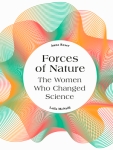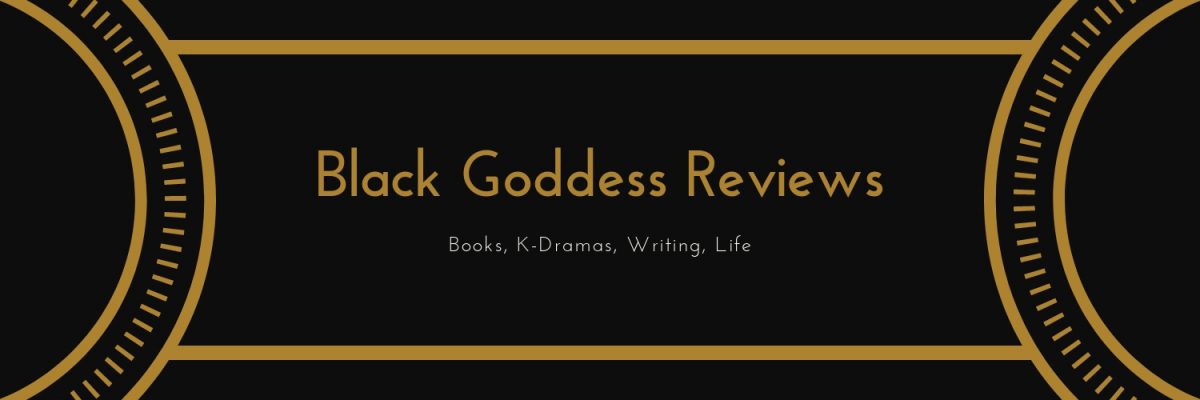Here I present to you 5 mini reviews of non-fiction ARCs I have read this year that didn’t get their own dedicated post. Enjoy!

Hurricane Lizards and Plastic Squid by Thor Hanson
Science/ Environment/ 304 pages/ Basic Books/ ⭐️⭐️⭐️⭐️
Hurricane Lizards and Plastic Squid was a fascinating dive into the effects of climate change on the natural world. Thor Hanson, a natural historian, explore the ways various species are responding and adapting to climate change. From trees chasing the rain westward across the United States, to birds chasing temperatures further up mountains and further north, Hanson explores why this happens. He also looks at the myriad of other ways species are adapting, or failing to adapt; for example, lizards with larger toe pads and shorter back legs are able to hang on to trees during a hurricane, and those that survive produce offspring with those traits. He looks at plasticity, and shows that in times of rapid change, this ability to adapt quickly enables those species to survive, while species that have evolved to take advantage of a specific niche are more at risk of extinction.
Told in an engaging and conversational manner, Hanson relates scientific concepts and observations in an easy-to understand way for a general audience. The pacing is on the slower side, but this is a meandering sort of book that you can pick up and read a chapter at a time.
I recommend for readers who enjoy popular science, and those interested in climate change, ecology, and natural history.

Forces of Nature by Anna Reser & Leila McNeill
Science/ History/ 272 pages/ Frances Lincoln/ ⭐️⭐️⭐️⭐️
Forces of Nature is an absolutely fascinating book exploring the lives of women in science throughout history.
Each section focused on a few women in a particular field, such as astronomy or botany. Not only did the author’s provide readers with a biography of each woman, but they also discussed the historical, social, and political context of each woman’s life. There were discussions about barriers to women entering scientific fields, but also the reasons they could (for example, if they had wealth.)
I will note that the writing may be considered somewhat more formal and academic than some general audiences would like, but I really enjoyed it.
My only critique is that it was quite Eurocentric, with most examples being pulled from Europe or North America. I would very much enjoy a second volume exploring women from Africa, Asia, Oceana, and South America.
I loved reading about all of these women who forged their own paths in their disciplines. I would recommend to anyone interested in women’s history, especially as it relates to the history of science.

Autopsy: Life in the Trenches with a Forensic Pathologist in Africa by Ryan Blumenthal
True Crime/Medicine/ 224 pages/ Jonathan Ball Publishers/ ⭐️⭐️⭐️
For me, Autopsy was a super interesting read for the most part. I was fascinated by the realities of working as a forensic pathologist, especially in areas where resources are limited. There were also some really interesting cases, and lots of fun facts (my idea of fun might be a little more macabre than other people, but still.) This book falls somewhere between popular science and a memoir, and to begin with that isn’t exactly clear. The first 75% of the book is focused heavily on the ins and outs of being a forensic pathologist, while the last 25% takes on more of a personal reflection. While I am not averse to both being in the same book, I feel like it might have been more successful if these were interwoven more, rather than being in discrete sections.
I think the author has a wonderful ability to cut to the heart (pun intended) of things, which makes for an easy read in many respects. It also means that it was easy to understand what could have been, in other hands, complex biological/medical jargon. The problem, however, is that a lot of the time, the anecdotes about interesting cases 1) were very short, and sometimes felt a bit truncated, and 2) didn’t connect to the paragraphs before and after it, which made them feel more like a list. I think that with a bit of editing, these could have flowed a lot better.
On the whole, however, I really enjoyed this book. I would recommend to fans of science and true crime.

Raising Feminist Boys by Bobbi Wegner
Parenting/Feminism/ 216 pages/ New Harbinger Publications/ ⭐️⭐️⭐️⭐️⭐️
I want to start by saying that I am not a parent. I hope to be one day, but it hasn’t happened for me yet. But one of the things I worry about (among a host of others) is raising a child in this modern world – a world of social media, and terrorism, and anti-feminist misogynistic men’s groups. While posting updates on my Twitter account while reading this book, I was contacted by one of these men about the author and a TED talk she did on the subject that had 28K dislikes. And it made me scared for a while. And then I felt angry that some arrogant misogynistic nobody made me feel unsafe. So here I am, posting this review in spite of them.
In my opinion, this book is an excellent roadmap for parents (particularly of boys) who are wanting to raise healthy, happy, well-adjusted human beings who stand up for their beliefs. While many may think of feminism as just being about equality between men and women, this book is more about the broadest definition of feminism – equality and equity for all regardless of sex, gender, race, culture, religion, sexuality, disability etc.
It covers a range of topics ranging from exploring implicit and explicit bias, to gender, consent, and sexuality. It starts with developing an open, supportive relationship with your child, so they feel secure enough to talk with you about anything. A lot is really just sound parenting advice, laid out in a very accessible, straight forward manner. The idea is that if you build a strong foundation, you can continue to build on that.
For each topic the author provides a guide for age-appropriate conversations and activities, with plenty of examples throughout. Sometimes I found these to be a little on the clinical side (the author is a psychologist) and they weren’t things I would naturally say. However, I feel like the idea is to personalise it to you and your child, so it was only a minor quibble.
I would wholeheartedly recommend this book to parents, grandparents, carers and even to-be parents who want to raise respectful, feminist children, and who want to have a strong and lasting bond with their child.

Written in Bone by Sue Black 4
True Crime/Science/ 368 pages/Doubleday/ stars
I really enjoyed Written in Bone. It’s a mix of forensic anthropology and anatomy/biology. The author discusses sections of the skeleton in each chapter, for example, the spine or the cranium. She gives information on not only the anatomy and development of the bones, but also about how they can help identify remains, and help discover what happened to them. There are plenty of real-world examples of how the author, (or other professionals) have put this knowledge into practice. I found all of the explanations easy to understand, and I learned a lot that I didn’t know.
My only critique is that the writing style does vary quite a bit; some sections are very dry and formal, while others are extremely conversational. However, I understand that this is probably due to the difficulties of a professional writing for a lay audience.
I’d recommend this book to anyone with an interest in anatomy, true crime, biology, or forensic anthropology. If you loved the tv show Bones and want to know more of the science behind the show, this is the book for you.

2 thoughts on “5 Non-Fiction ARC Mini Reviews”